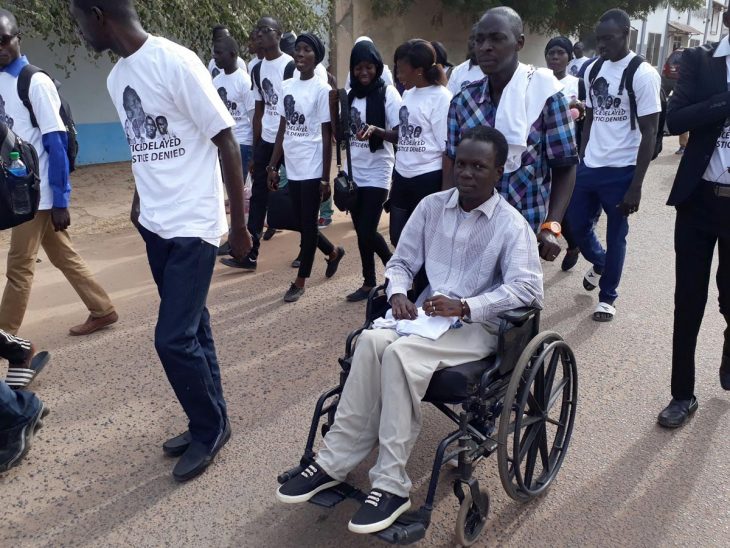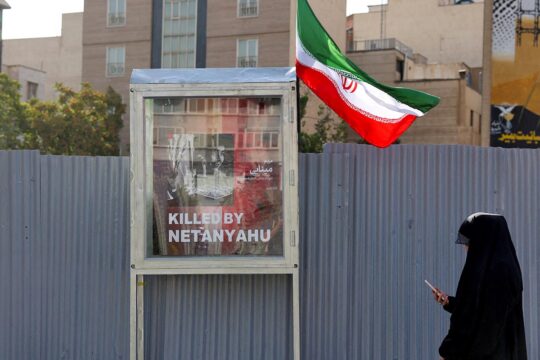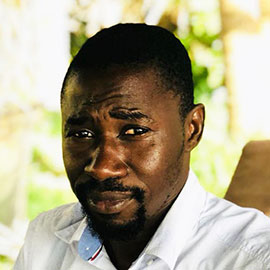A number of countries that went through truth commission processes awarded reparations to victims at the end of the hearings. In Gambia forms of reparations may be granted as hearings are ongoing.
The Truth, Reconciliation and Reparations Commission (TRRC) has established what it calls a “Reparations Committee”. It considers victims’ needs and claims as the Commission progresses. “The decision of the Reparations Committee is brought to the Commission and, when it is approved, the payment is done,” said Baba Galleh Jallow, the executive secretary of the TRRC. “Whereas other truth commissions recommend, we are empowered to grant reparations without even consulting anyone.”
Whereas other truth commissions recommend, we are empowered to grant reparations without even consulting anyone.
Of particular importance for the Commission, he said, are victims who need urgent medical attention. “If someone is facing a medical condition, should we say ‘let’s wait before the end of the process to take the person to a doctor’? That does not make sense,” said Jallow.
Victims of April 2000
With a modest start, the Reparations Committee has therefore established a medical board to offer treatment to several victims of the military dictatorship (1994-2016) who are suffering health complications. The medical board has already seen two batches of victims in need of urgent medical attention.
A report is being prepared on students who were shot in April 2000 during a nationwide student demonstration. The street protests took place after the death in custody of a student called Ebrima Barry. Fourteen people were killed. Abdou Karim Jammeh and Yusupha Mbaye survived the events. They told Justiceinfo.net that five of them, including Oumie Jagne, who still has fragments of bullets in her arm, have seen a doctor.
Karim Jammeh himself was shot on his left knee from behind as he was running; the bullet went out the other side. Since then he has never got proper treatment at an equipped medical facility. “I am still taking Paracetamols and painkillers. It still hurts,” said Jammeh, who awaits the doctor’s report on his condition. Yusupha Mbaye was shot from behind in his neck, shattering his spinal cord. He is confined to a wheelchair. In 2000, Mbaye went to Egypt for a check-up. On his way back, upon landing at Banjul airport, his medical papers were seized by operatives of the former government. From 2000 to 2003, Mbaye was hospitalized at Gambia’s main referral hospital in Banjul, Edward Francis Small Teaching Hospital. But his situation barely improved. Mbaye said he still suffers from pain during the cold season. He is awaiting his travel to Senegal for an MRI scan, to be sponsored by the TRRC.
Victims of April 2016 protests
A number of victims of alleged torture have also seen the medical board. Their condition is of much concern to several Gambian activists. One of these victims is Nogoi Njie. In late 2018, a video emerged online of Njie seeking help. The emotional video which was circulated on social media caused uproar amidst calls from activists for government to allocate funding for treatment of the victims. A go-fund-me set up online raised $8000 for Njie.
Njie was among those who were arrested on April 14, 2016, in a group led by Solo Sandeng, who took to the street demanding “proper electoral reform”. Sandeng died in state custody. His death led to another major protest by the leadership of the United Democratic Party (UDP) two days later, demanding the body “dead or alive” of Sandeng, a youth leader of the party.
All protesters, sentenced to three years in prison, were released after the election defeat of president Yahya Jammeh. Five of the released prisoners have died since. Others are still struggling with ill-health, fueling rumors that they may have been poisoned or severely tortured.
Nogoi Njie, Fatou Camara, Juguna Susso and Sukai Dahaba, all members of the United Democratic Party, have this month benefited from crowd funding to seek treatment. Last week, they each received a US$404 (D20, 000 dalasi) cash handout from UDP to seek treatment. Njie has in fact already secured a visa to go for treatment in Sweden.
Limited resources
Jallow said the number of beneficiaries are “not great right now but they are significant because these are people who need urgent treatment. As the hearing starts, and the reparations committee and the Commission meet, they will determine other forms of reparation that will be paid out. We are not waiting till the end of the process. We are helping the victims as the process unfolds,” he said.
“We saw a girl, the child of a victim, who dropped out of school because her mum cannot pay her school. As part of our reparations programme, we paid for her to continue schooling,” Jallow told Justiceinfo. “Right now, we do not have money to grant monetary reparations but we have enough money here to help children go back to school and help victims see the medical board.”
Despite this help by the Commission, there are many victims who still need help. Ousman Kujabi, legal fellow at the Center for Victims of Human Rights Violations, a civil society group formed to help victims of the former regime, said they have registered several victims with medical conditions who need urgent help. The Center has a psychologist who is providing them with support but this is not enough, said Kujabi. Victims struggling with ill-health cannot wait for the end of the Truth Commission to be treated, he pleaded.







